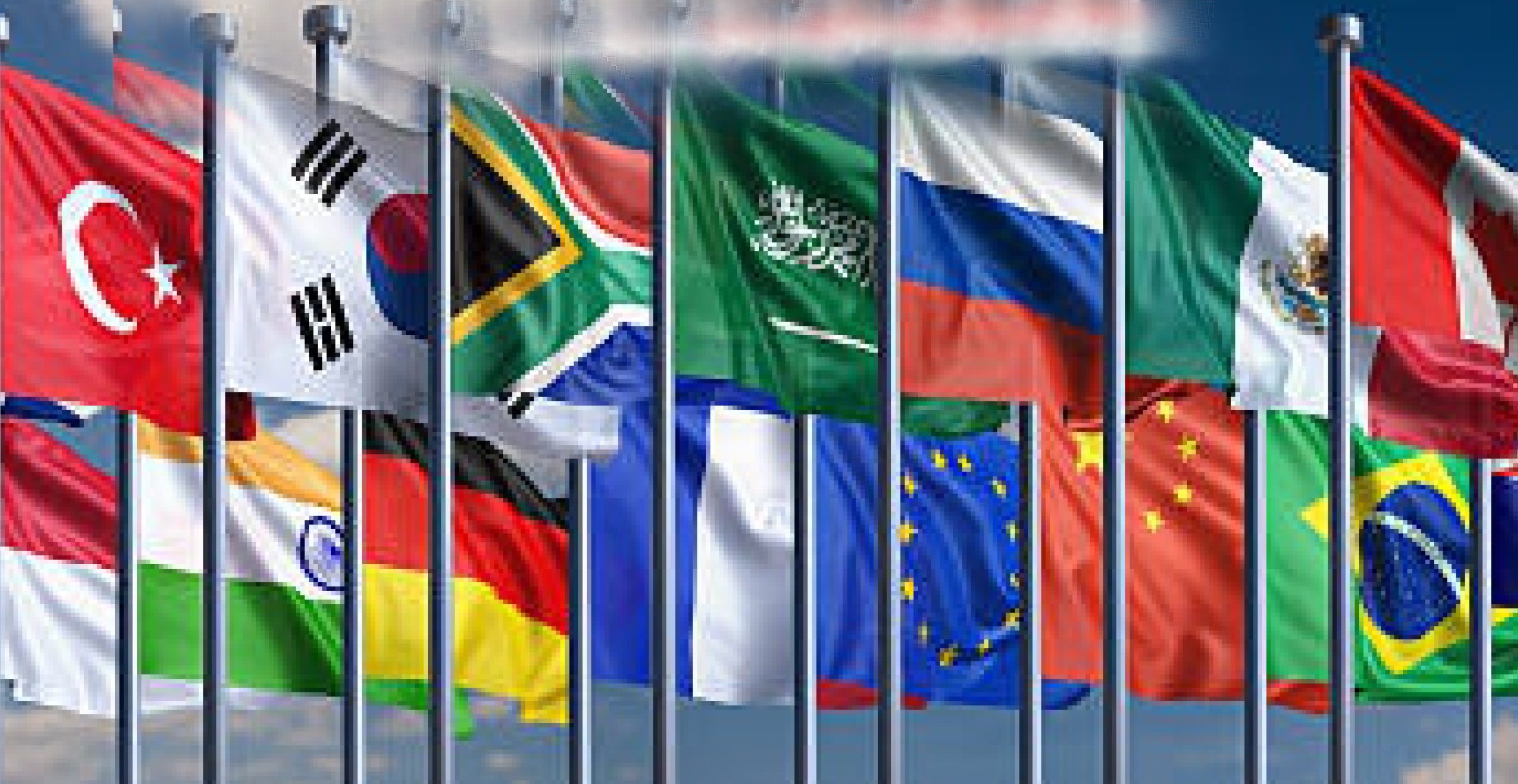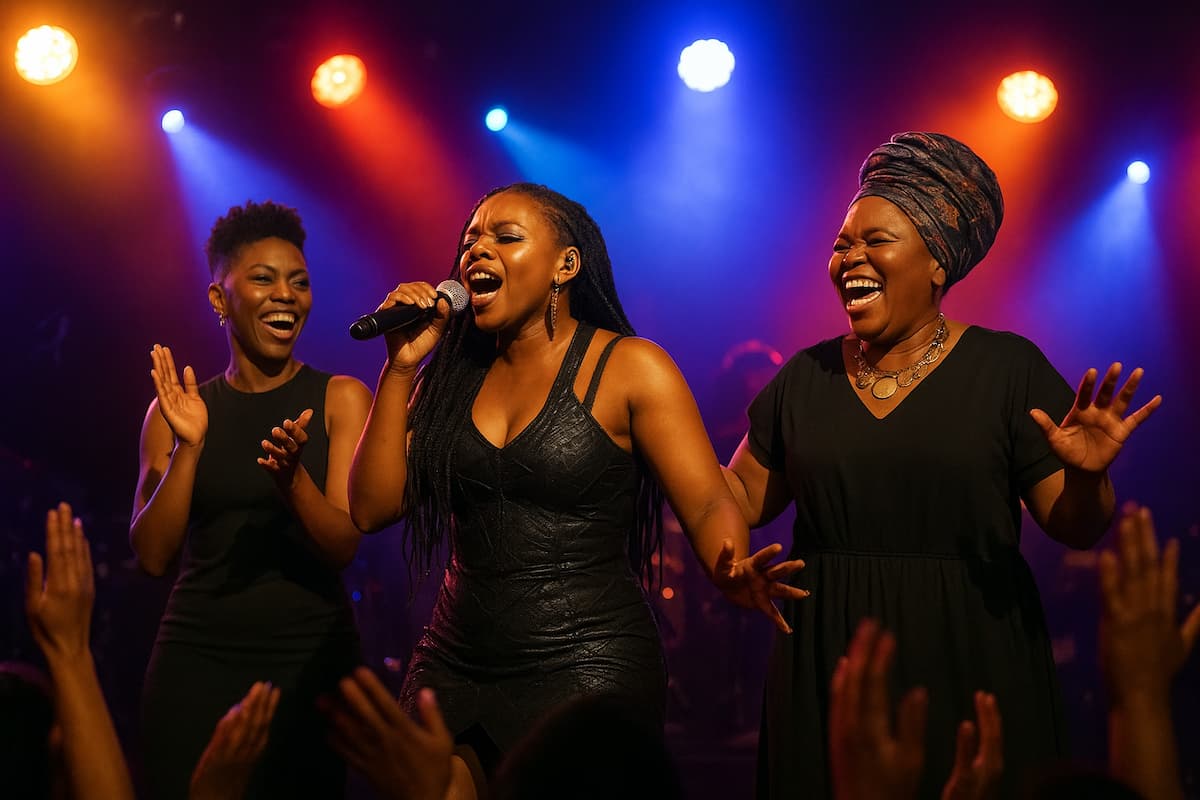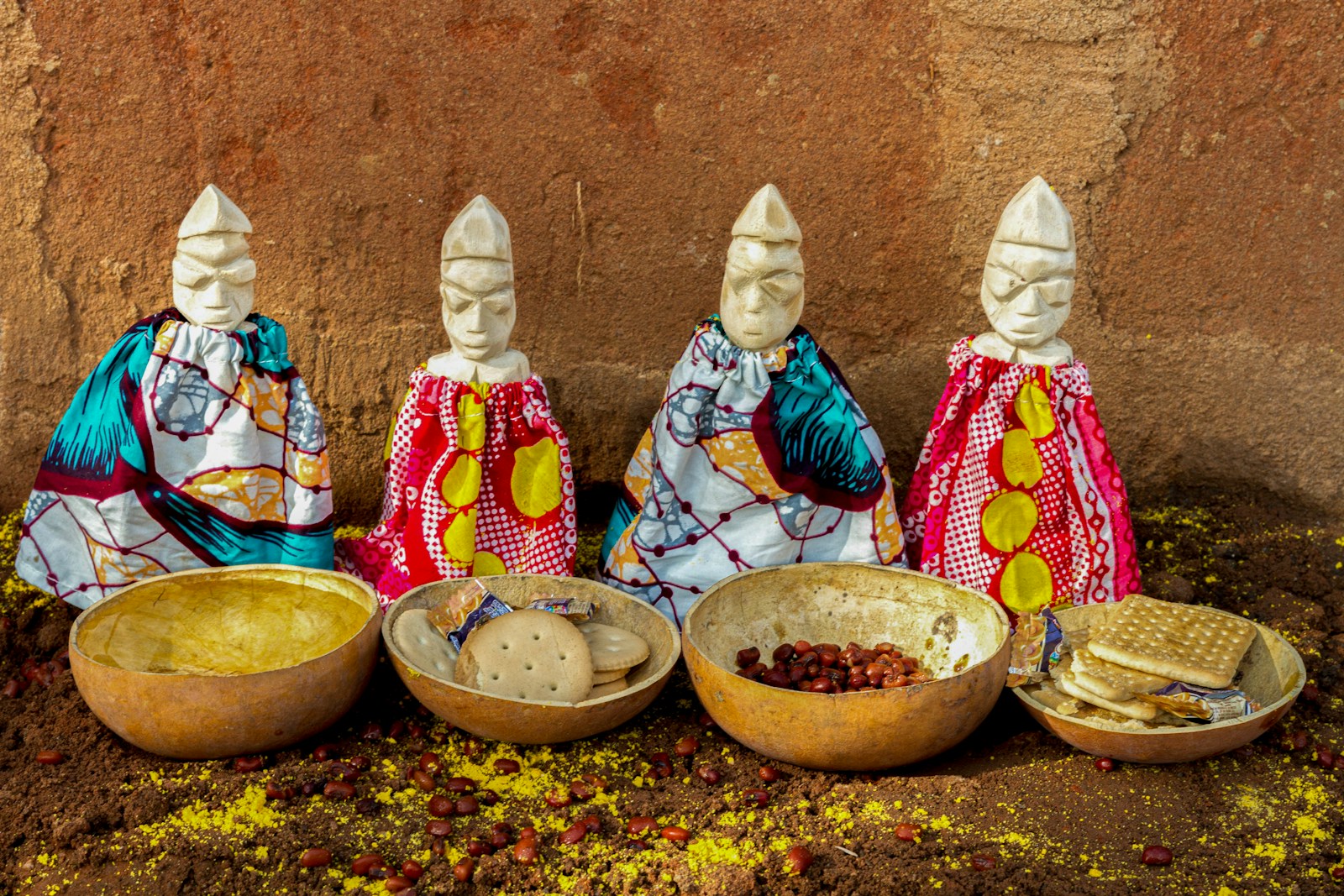Introduction
The G20 Social Summit has opened in Ekurhuleni, turning the Birchwood Hotel and OR Tambo Conference Centre into a hub of ideas and activism. Under South Africa’s G20 presidency, the summit focuses on solidarity, equality, and sustainability. It brings together youth leaders, civil society organizations, indigenous representatives, and policy thinkers. Their purpose is clear: to make sure that social realities on the ground shape the discussions held in global economic forums. With key voices such as Dr. Princess Nikiwe Bam participating, the summit is being watched closely as a test of how inclusive global governance can become.
G20 Social and the Shift from Economics to People
The G20 Social Summit marks a shift from a purely economic focus to a broader, people-centered agenda. Traditionally, G20 meetings have prioritized finance, trade, and macroeconomic policy. This summit insists that social issues deserve equal attention. It highlights youth unemployment, inequality, climate justice, and digital access as core concerns. South Africa is using its presidency to argue that economic policies only succeed when they improve people’s lives. By bringing social debates into the G20 framework, the summit pushes leaders to consider the human impact behind every statistic.
G20 Social as a Platform for Youth in Africa
For young Africans, the G20 Social Summit is a rare opportunity to directly influence high-level conversations. Youth speakers and delegates come from different regions, backgrounds, and sectors. Some run community projects, others lead start-ups, and many are involved in climate or social justice movements. They share concrete experiences of navigating job markets, underfunded education systems, and climate-related crises. Instead of being treated as a problem to solve, young people at the summit are viewed as partners with practical solutions. Their proposals range from new funding models for youth-led initiatives to digital skills programs and green entrepreneurship.
G20 Social and Indigenous Voices
The G20 Social gathering strongly prioritizes indigenous perspectives, especially through leaders such as Dr. Princess Nikiwe Bam. Indigenous communities often face exclusion, land pressure, and cultural erasure, yet they hold deep knowledge of sustainable living. At the summit, indigenous speakers link traditional knowledge to modern challenges like biodiversity protection, conflict mediation, and mental health. They argue that development should not come at the cost of identity and land. By giving space to these messages, the summit draws attention to the need for policies that respect both rights and heritage.
G20 Social Theme of Solidarity and Equality
The official theme guiding the G20 Social Summit centers on solidarity, equality, and sustainability. Solidarity is understood as standing together across borders and social divides. Equality focuses on closing gaps between rich and poor, urban and rural, and men and women. Delegates explore how policies can reduce barriers to education, healthcare, and economic opportunity. Dialogues challenge systems that reproduce exclusion. The summit encourages governments to design measures that lift up marginalized groups rather than leaving them behind. In this way, it turns broad values into specific policy demands.
G20 Social Promotion of Sustainability and Climate Justice
In discussions about the future, the G20 Social Summit places strong emphasis on sustainability and climate justice. Africa is one of the regions most affected by climate change despite contributing the least to global emissions. Youth and community representatives explain how droughts, floods, and rising temperatures affect food security, migration, and livelihoods. They call for funding that supports adaptation, climate-smart agriculture, and renewable energy projects led by local communities. Sustainability is described not only as protecting the planet, but also ensuring fair access to resources and opportunities across generations.
G20 Social and Role of Media
Media plays an important role in amplifying the messages of the G20 Social Summit. Coverage on platforms like SABC Morning Live ensures that ordinary citizens can follow the debates. Interviews with youth leaders and indigenous representatives bring human stories to the screen. Social media campaigns extend the reach even further, turning short clips and quotes into content that can be shared across the continent. This visibility helps build public support for inclusive policy-making. It also creates a record that civil society can use later to hold institutions accountable for their promises.
G20 Social Outcomes for Policy and Practice
A key expectation from the G20 Social Summit is that its outcomes will feed into official G20 processes. Working groups and task forces are expected to consider recommendations on youth employment, education, social protection, and climate resilience. Civil society organizations involved in the summit will push for these ideas to appear in communiqués and action plans. The summit also lays the groundwork for long-term partnerships between government, NGOs, and grassroots networks. If these relationships stay active, they can influence policy long after the summit ends.
G20 Social as a Blueprint for Future Summits
The G20 Social model could influence how future G20 hosts design their engagement with society. By convening a dedicated social summit, South Africa demonstrates that listening to citizens is not an optional extra. It suggests that major economies have a responsibility to involve their people in global decision-making. Other countries may adopt similar formats, creating permanent spaces for social dialogue around big economic events. This could shift global governance away from top-down decision-making toward more shared responsibility and co-creation.
G20 Social and Africa’s Long-Term Role
The G20 Social Summit strengthens Africa’s claim to a central place in global governance. It highlights the continent’s young population, cultural diversity, and innovation potential. By using its presidency to showcase African voices, South Africa is not only representing itself but signaling the importance of the wider region. The summit may encourage more African participation in multilateral platforms and inspire stronger cooperation among African states on shared social priorities.
FAQs
What is G20 Social in South Africa?
The G20 Social Summit in South Africa is a gathering of youth, civil society, and indigenous leaders to influence G20 policy.
Why is G20 Social important for African youth?
The G20 Social Summit gives African youth a direct voice in shaping global discussions on jobs, climate, and social justice.
How does G20 Social connect to the main G20 meetings?
The G20 Social Summit provides recommendations that can inform official G20 agendas, communiqués, and policy decisions.
Conclusion
The G20 Social Summit in Ekurhuleni shows how global governance can become more inclusive and grounded in real experiences. By centering youth, indigenous voices, and social justice, South Africa is pushing the G20 to listen more widely. If its recommendations are adopted, the summit could help shape policies that better reflect the needs and hopes of people across Africa and the world.




